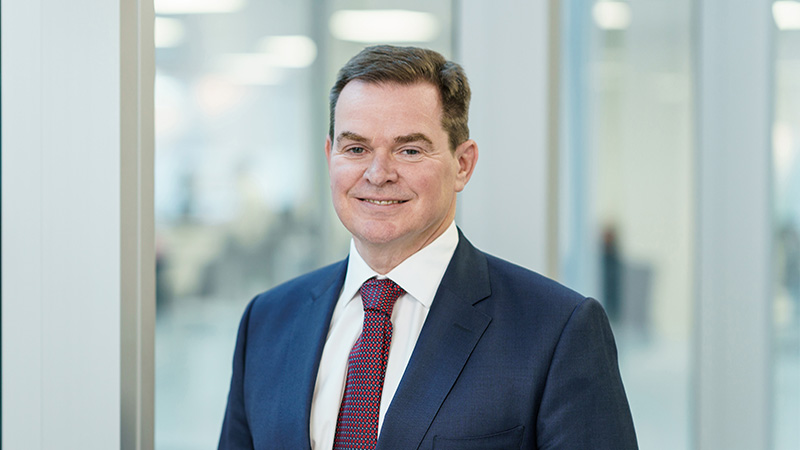“When we show investors our top 10 holdings, they tend to say, ‘Urgh – are you sure?’” This is how Ian Lance, co-head of the Redwheel Value and Income team, sums up the problem for many value managers when presenting their portfolios to clients.
He’s not wrong. His portfolios, which include the Temple Bar investment trust and Redwheel UK Equity Income fund hold some deeply unpopular companies. ITV, for example, or large weightings in oil and gas companies. He held M&S long before it started its current renaissance, buying in the midst of Covid, with two failed turnarounds behind it.
But if they looked beautiful, they wouldn’t be value stocks and there wouldn’t be an opportunity. Lance takes his inspiration from Simple But Not Easy, a book on value investing written by Richard Oldfield that sums up the value investor’s dilemma. He says: “The ‘simple’ bit is trying to figure out what a company is worth and comparing it with today’s share price. And from our point of view, if a share price is around half what it should be worth, then we’re interested.
“The ‘not easy’ part is that share prices don’t usually get to that level unless there is some kind of controversy or bad news. It means we have to be contrarian, long-term and quite stubborn to go against the market. Often, we have to buy amid a flurry of bad news, when everyone is telling us we’re idiots.”
The team is trying to exploit the typical human over-reaction to bad news. Lance gives the analogy of an ice cream van. “Let’s say you’re going to buy someone’s ice cream van. You turn up and it’s been raining all day, they’ve sold six ice creams. The person selling that van will give you a better price than if you turn up on an August afternoon, when they’ve sold out. But if you’re going to hold it for 10 years, the weather doesn’t matter very much.”
In action: M&S
The fund’s holding in M&S is a good example of what happens when it goes right. Lance bought into M&S about five years ago, when its prospects appeared bleak. It was the pandemic, all the stores were shut and profitability was plummeting. M&S had lost its hold on the British public, it had tried and failed various reinventions, and its share price was at rock bottom. There had been a number of changes of management, including Sir Stuart Rose and Mark Bolland. “People were thinking, ‘We’ve seen this movie before,’” says Lance.
However, the third change of management was different. “An incredibly capable chairman called Archie Norman had just been appointed. He had identified what the issues were and set about changing them.” M&S had no real online presence, for example, while the stores were shabby. Norman fixed that, building the group’s online footprint, shutting down lots of high-street stores and opening out of town.
He did a deal with Ocado, and took a lot of costs out of the business. There were also elements that the Redwheel team hadn’t anticipated, such as a revival in women’s clothes, which was a welcome bonus.
Before buying in, Lance’s team needed to work out what type of returns M&S could make if it fixed the various elements successfully. “We had to work it through and calculate the earnings per share that implied for the business.” It took time, but the business revived and the share price followed. M&S shares more than doubled during 2023.
Read the rest of this article in the May issue of Portfolio Adviser magazine










